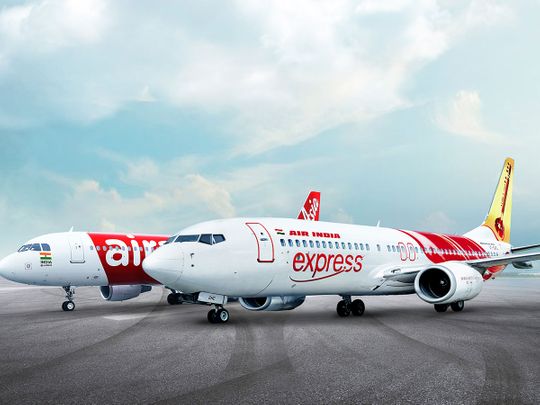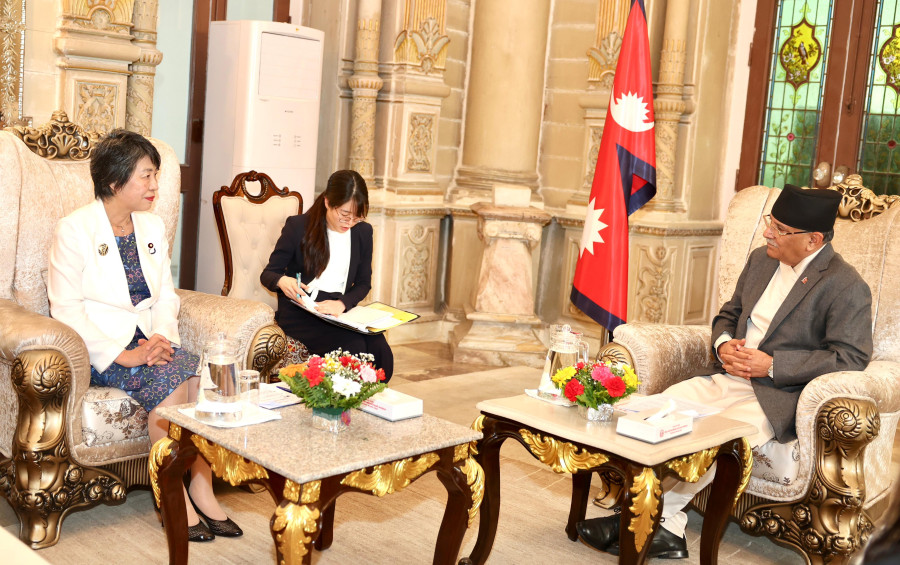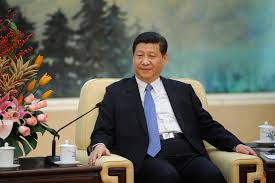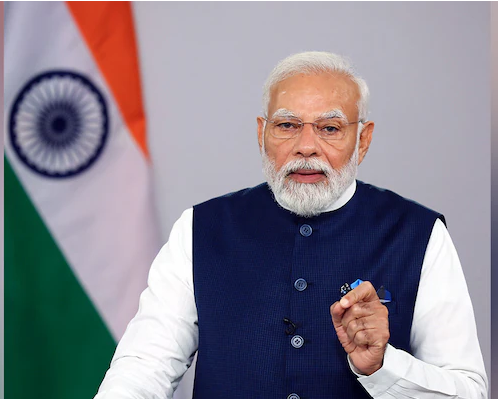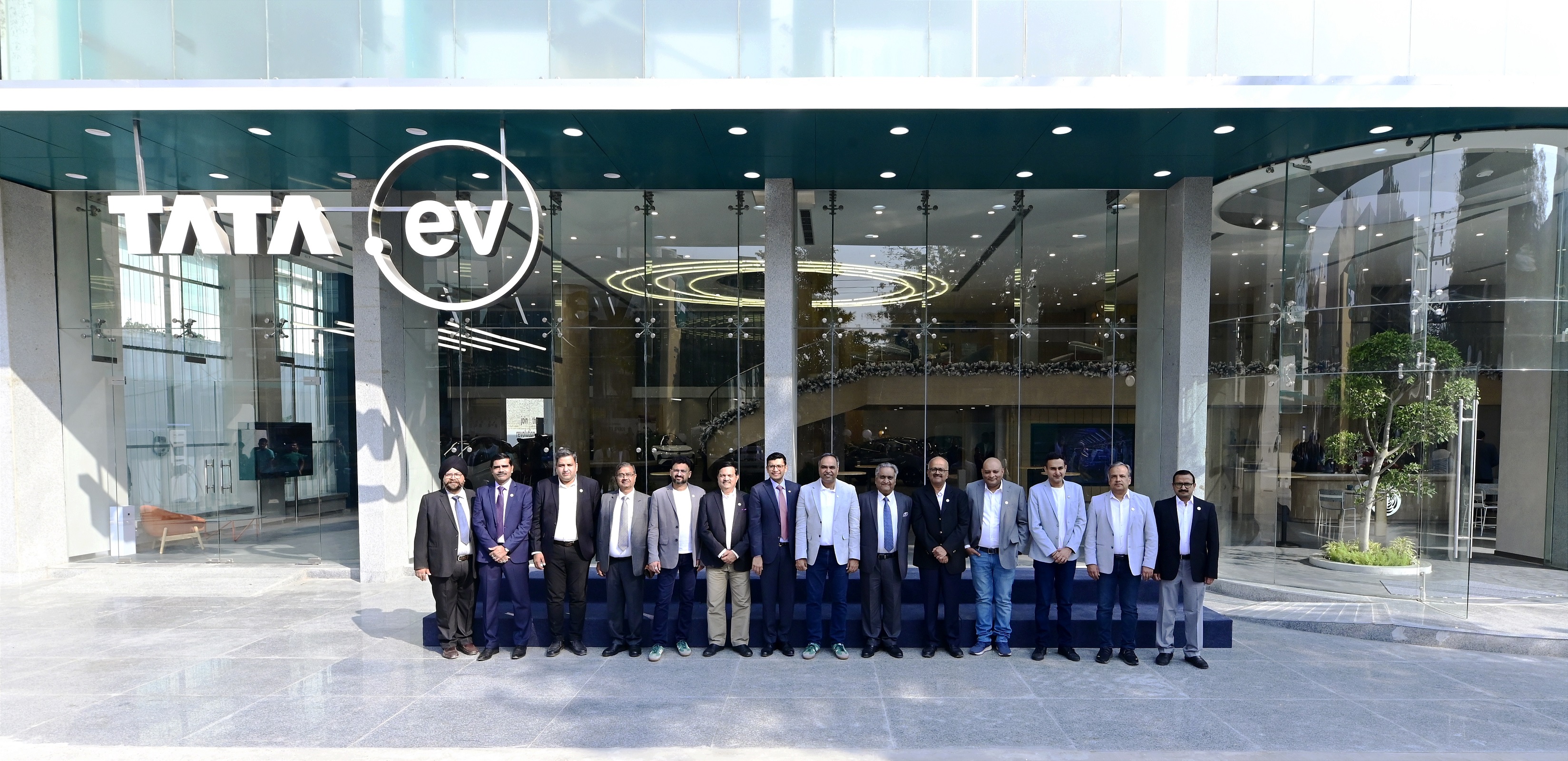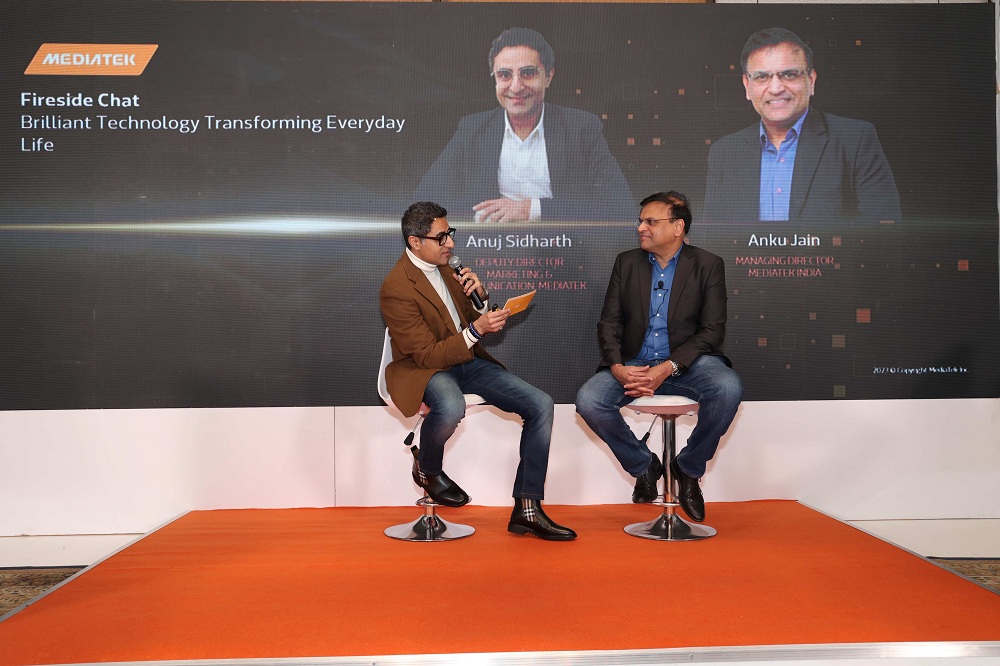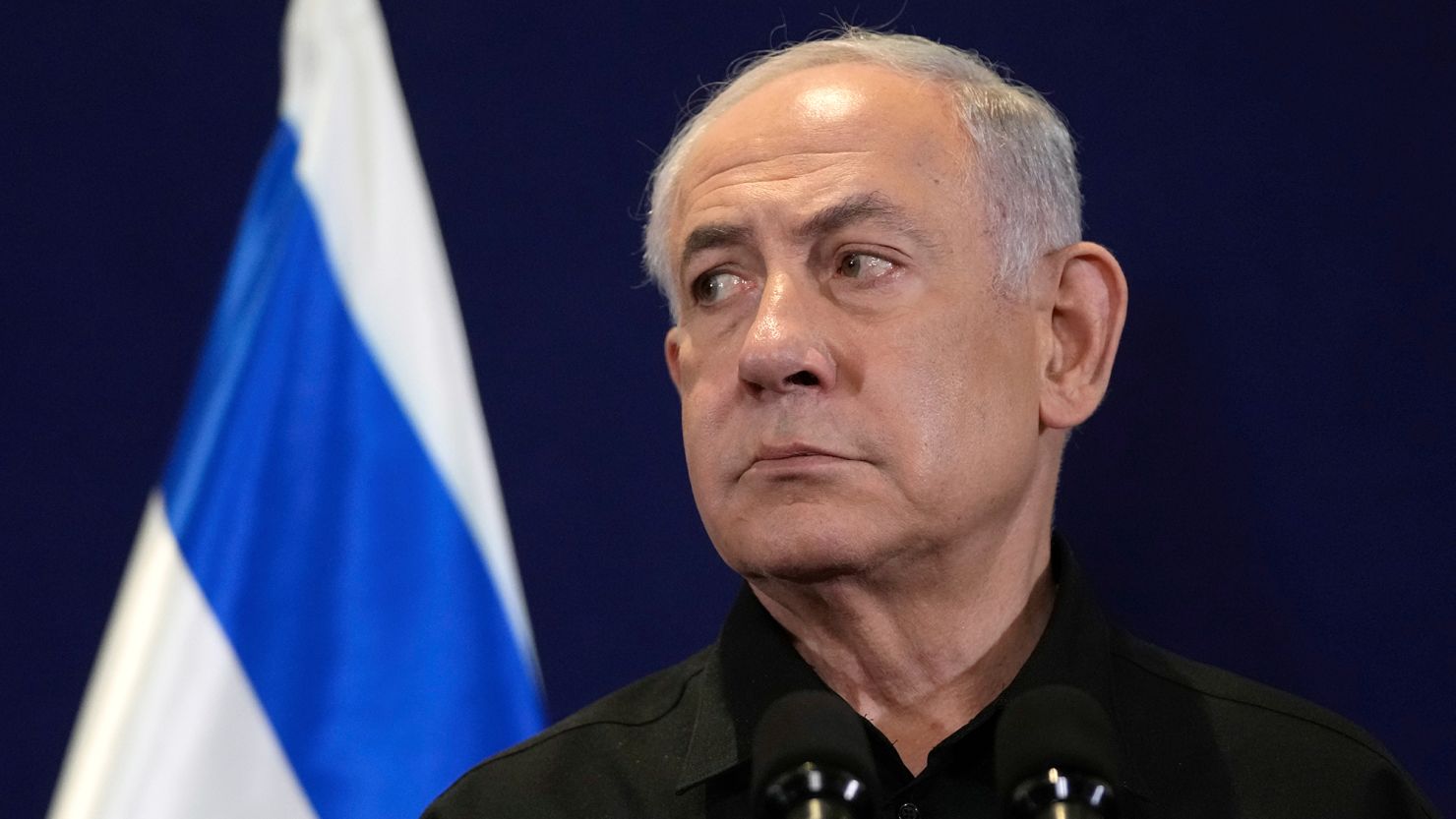India seeks cooperation with Central Asia to fight Afghanistan terror

NEW DELHI: India seeks to work with Central Asian nations to help provide aid to Afghanistan and ensure a more representative government is in place there, India Foreign Minister Subrahmanyam Jaishankar said.
India and the five Central Asian states pushed for concerted action against all terror groups, saying Afghanistan’s soil must not be used for planning terror attacks, even as they pledged to provide immediate humanitarian aid to the Afghan people.
“Our concerns and objectives in that country are similar,” Jaishankar told his counterparts from Tajikistan, Kazakhstan, Turkmenistan, Kyrgyz Republic and Uzbekistan at the India-Central Asia Dialogue in New Delhi. “We must find ways of helping the people of Afghanistan.”
The Indian minister listed the needs for an inclusive government in Afghanistan, fighting terrorism and drug trafficking, providing unhindered humanitarian assistance and preserving the rights of women, children and minorities as priorities for the Asian neighbours.
New Delhi has so far held only one formal meeting with the Taliban group since its takeover of Afghanistan earlier this year.
The Indian government is concerned about how Taliban rule could impact security in the region, especially in India’s restive northern state of Jammu and Kashmir. New Delhi, which invested $3 billion in Afghanistan, has been expanding its ties with energy-rich Central Asian nations.
Uzbekistan foreign minister Abdulaziz Kamilov, in his opening remarks, pointed to the “challenging situation” in Afghanistan” and spoke of the “need to develop a unified and coordinated approach towards this country”.
Most of the Central Asian foreign ministers spoke of the need to build on the historical and cultural ties of their region with India and highlighted the potential for cooperation in areas such as connectivity, transport, transit and energy. They referred to the importance of security cooperation between Central Asia and India.
New Delhi has also backed regional infrastructure projects including the North-South corridor that includes highways and railways connecting Chabahar port in Iran with Russia to reduce the time of shipments between Europe and central Asian markets.



